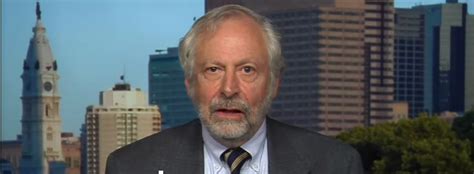A Quote by Condoleezza Rice
For 60 years, my country, the United States, pursued stability at the expense of democracy in this region, here in the Middle East, and we achieved neither.
Related Quotes
Sixty years of Western nations excusing and accommodating the lack of freedom in the Middle East did nothing to make us safe because in the long run stability cannot be purchased at the expense of liberty. ... The global wave of democracy has barely reached the Arab states. For too long, many people in that region have been victims and subjects. They deserve to be active citizens.
I don't believe in the theory that the United States is reducing its presence in the Middle East. Quite the contrary, in the Gulf, we see an increase in American military presence, as well as an increase in American investments. The argument is more accurate when one says America is focusing more attention to the Far East. But I don't believe it comes at the expense of the Middle East.
I believe that the Iraqis have an opportunity now, without Saddam Hussein there, to build the first multiconfessional Arab democracy in the Middle East. And that will make for a different kind of Middle East. And these things take time. History has a long arc, not a short one. And there are going to be ups and downs, and it is going to take patience by the United States and by Iraq's neighbors to help the Iraqis to do that. But if they succeed, it'll transform the Middle East, and that's worth doing.
Twenty-five years after the fall of the Berlin Walland the lifting of the iron curtain, troublespots abound: the Middle East and parts of Africa lack a stable regional security architecture; in east Asia, nationalist tendencies and competing ambitions are threatening peace and stability in the region and beyond.
The vast Pacific Ocean has ample space for China and the United States. We welcome a constructive role by the United States in promoting peace, stability and prosperity in the region. We also hope that the United States will fully respect and accommodate the major interests and legitimate concerns of Asia-Pacific countries.
The United States has weakened itself with Iraq; Iranians feel victorious - they feel capable of filling the void. I think from the very outset the nuclear issue has been secondary to the more strategic outlook, in which the United States has, since 1991, pursued a policy that it cannot permit any country in the region to become too powerful and challenge American hegemony.








































